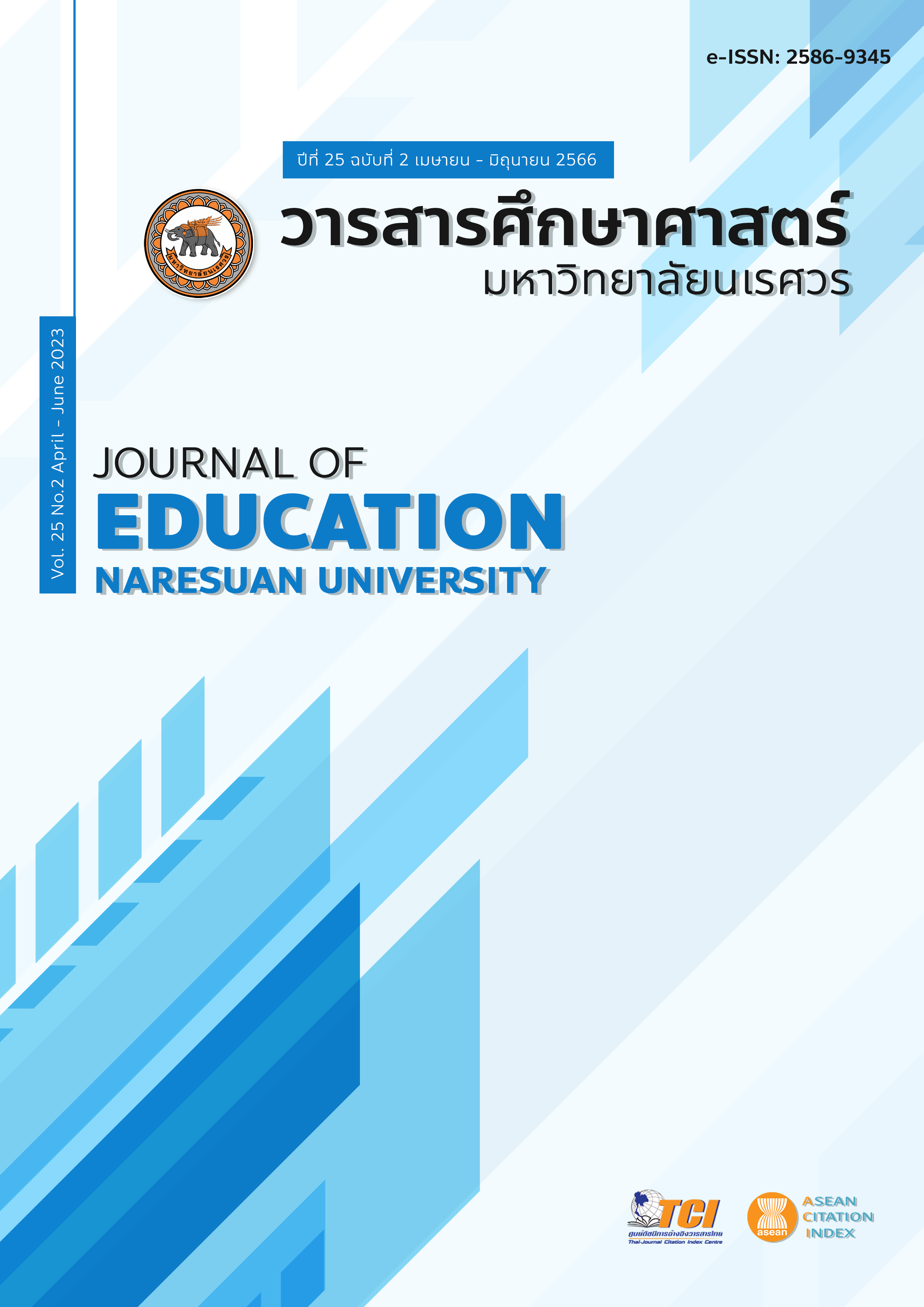SCHOOLS PRESS CONFERENCE COACHES: THEIR LIVED EXPERIENCES
Main Article Content
Abstract
School Press Conference in primary education is possibly one of the most complex and sensitive topics because one has to deal with young minds that are somehow untainted. This study analyzes lived experiences of school press conference coaches in the elementary grades. It used an Interpretative Phenomenological Analysis (IPA). It involved using a semi-structured interview questionnaire to gather the needed responses. Also, it utilized purposive sampling to select coaches who provided the pertinent information for the study. The findings of this study drew the following conclusions: The lived experiences of schools' press conference coaches have shown the dynamics of their involvement in campus journalism. Coaching young campus journalists proved to be no easy task; thus, challenges like inadequate knowledge and skills, role conflict, and lack of training hindered their capacity to give the young writers all the preparations they needed for the competition. Conversely, recognition, promotion, and development were the benefits they received from coaching. To prepare the coaches and campus journalists for competitions, they were keen to raise their need for a training workshop and campus journalism and coaching consistency.
Article Details

This work is licensed under a Creative Commons Attribution-NonCommercial-NoDerivatives 4.0 International License.
The owner of the article does not copy or violate any of its copyright. If any copyright infringement occurs or prosecution, in any case, the Editorial Board is not involved in all the rights to the owner of the article to be performed.
References
Bryman, A. (2016). Social research methods (5th ed.). Oxford: Oxford University Press.
Bennie, A. (2009). EŠective coaching in cricket, rugby league and rugby union: A qualitative investigation involving professional coaches and players from Australia (Doctoral dissertation). Australia: University of Sydney.
Cheng, E. L., & Ho, K. (2001). The influence of job and career attitudes on learning motivation and transfer. Career Development International, 6, 20-27.
Chu, D. (1981). Teacher/Coach orientation and role socialization: A description and explanation. Journal of Teaching in Physical Education, 3(2), 3-8.
Cote, J., & Gilbert, W. (2009). An integrative definition of coaching effectiveness and expertise. International Journal of Sports Science and Coaching, 4(3), 307-323.
Creswell, J. W. (1998). Qualitative inquiry and research design: choosing among five traditions. London: Sage.
Cureton, D., Green, P., & Meakin, L. (2010) Peer mentoring for staff in a changing environment. International Journal of Evidence-Based Mentoring and Coaching, 2(1), 105-112.
De Grip, A., & Sauermann, J. (2013). The effect of training on productivity: The transfer of on-the-job training from the perspective of economics. Educational Research Review, 8, 28–36.
Dworkin, S. L. (2012). Sample size policy for qualitative studies using in-depth interviews. Archives of Sexual Behavior, 41, 1319–1320. https://doi.org/10.1007/s10508-012-0016-6
Estella, G. (2015). Educating the educators: An evaluation of the preparedness of elementary school teachers in Los Banos, Laguna, the Philippines for journalism instruction and internet-mediated learning. Philippines: University of the Philippines.
Huber, D. J., & Clandinin, J. (2010). Narrative inquiry, international encyclopedia of education (3rd ed). New York, NY: Elsevier.
Kennett, P., & Lomas, T. (2015). 'Making meaning through mentoring: Mentors finding fulfillment at work through self-determination and self-reflection. International Journal of Evidence-Based Coaching and Mentoring, 13(2), 29-44.
Lacina, J., & Block, C. C. (2011). What Matters Most in Distinguished Literacy Teacher Education Programs? Journal of Literacy Research, 43(4) 319-351.
Ladyshewsky, R. K. (2010). The manager as a coach as a driver of organizational development. Leadership and Organization Development Journal, 31(4), 292-306.
McElroy, M. (2002). Teacher-coach or coach-teacher: Dealing with role conflicts. CAHPERD Journal, 64(5), 67-76.
Moore, L., & Koning, J. (2016) 'Intersubjective identity work and sensemaking of adult learners on a postgraduate coaching course: Finding the balance in a world of dynamic complexity. Management Learning, 47(1), 28-44.
Mukherjee, S. (2012). Does coaching transform coaches? A case study of internal coaching. International Journal of Evidenced Coaching and Mentoring, 10(2), 76-87.
Nelson, B. (2016). You get what you reward: A research-based approach to employee recognition. American Psychological Association, https://doi.org/10.1037/14731-008.
Noor, Z., Khan, U., & Naseem, I. (2015). Impact of job promotion and job advancement on job satisfaction in universities of KPK Province of Pakistan. Science International Journal (Lahore), 27(2), 1499-1505.
Paguirigan, E. (2020). Teachers’ perceptions of inclusive education: Basis on the development of inclusion guide. Asia Pacific Journal of Multidisciplinary Research, 8(2), 1-10.
Perrone, K. M., Webb, L. K., & Blalock, R. H. (2005). The effects of role congruence and role conflict on work, marital, and life satisfaction. J Career Dev, 31(1), 225-238. https://doi.org/10.1007/s10871-005-4737-9
Rogers, J. (2012). Coaching skills: A handbook (3rd ed.). Maidenhead: McGraw-Hill/Open University Press.
Rowlands, K. E., & Rees, C. J. (2015). Organizational change and workplace stress in teaching and learning settings: Case study evidence from a public sector university in the UK. In: Dievernich, F., Tokarski, K., Gong, J. (eds) Change Management and the Human Factor. Springer, Cham, https://doi.org/10.1007/978-3-319-07434-4_11
Smith, J. A., Larkin, M., & Flowers, P. (2009). Interpretative phenomenological analysis: theory, method, and research. Los Angeles, California, London: SAGE.
Wong, P. M. (2009). Teachers and Promotion: Research Evidence on the Role of Gender, Career Intentions, Promotion Criteria and Teacher Satisfaction. In: Saha, L.J., Dworkin, A.G. (eds) International Handbook of Research on Teachers and Teaching. Springer International Handbooks of Education, Vol 21. Springer, Boston, MA, https://doi.org/10.1007/978-0-387-73317-3_33


